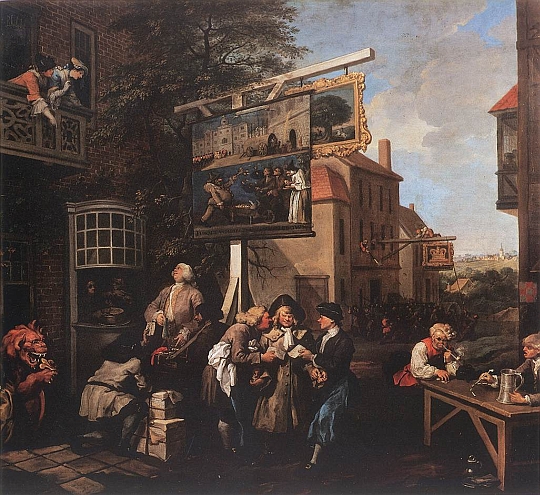
This is life—recruiting, repairing, feeding, cleansing, purging; ailments, rags, excrements, dregs. Which of all the sensations is it for which life is eligible? Where is the day or hour in which we can say we live upon the present, and that our happiness is not still future and in promise? Which part of our past life would we desire to live over again?… Everything wastes and is perishing; everything hastens to its dissolution… Mortalities must every day be expected—friends dropping off, accidents and calamities impending, diseases, lamenesses, deafness, loss of sight, of memory, of parts… All is misery, disappointment, and regret. In vain we endeavour to drive away those thoughts; in vain we strive by humour and diversion to raise ourselves; which is but to fall the lower. He and he only is in any degree happy, who can confront these things; who can steadily look on them without turning away his sight; and who, knowing the sum and conclusion of all, waits for the finishing of his part, his only care in the meanwhile being to act that part as becomes him and to preserve his mind entire and sound, unshaken and uncorrupt; in friendship with mankind, and in unity with that original mind with respect to which nothing either does or can happen but what is most agreeable and conducing, and what is of universal good.
–Anthony Ashley-Cooper, Third Earl of Shaftesbury, Philosophical Regimen, “Life” (ca. 1698) in: The Life, Unpublished Letters and Philosophical Regimen of Anthony, Earl of Shaftesbury p. 256-57 (B. Rand ed. 1900)


